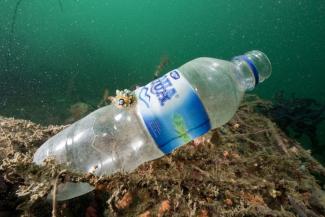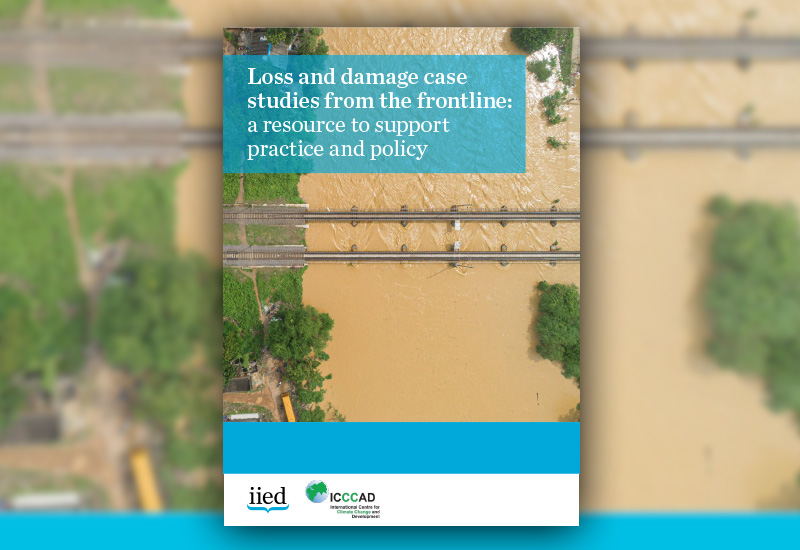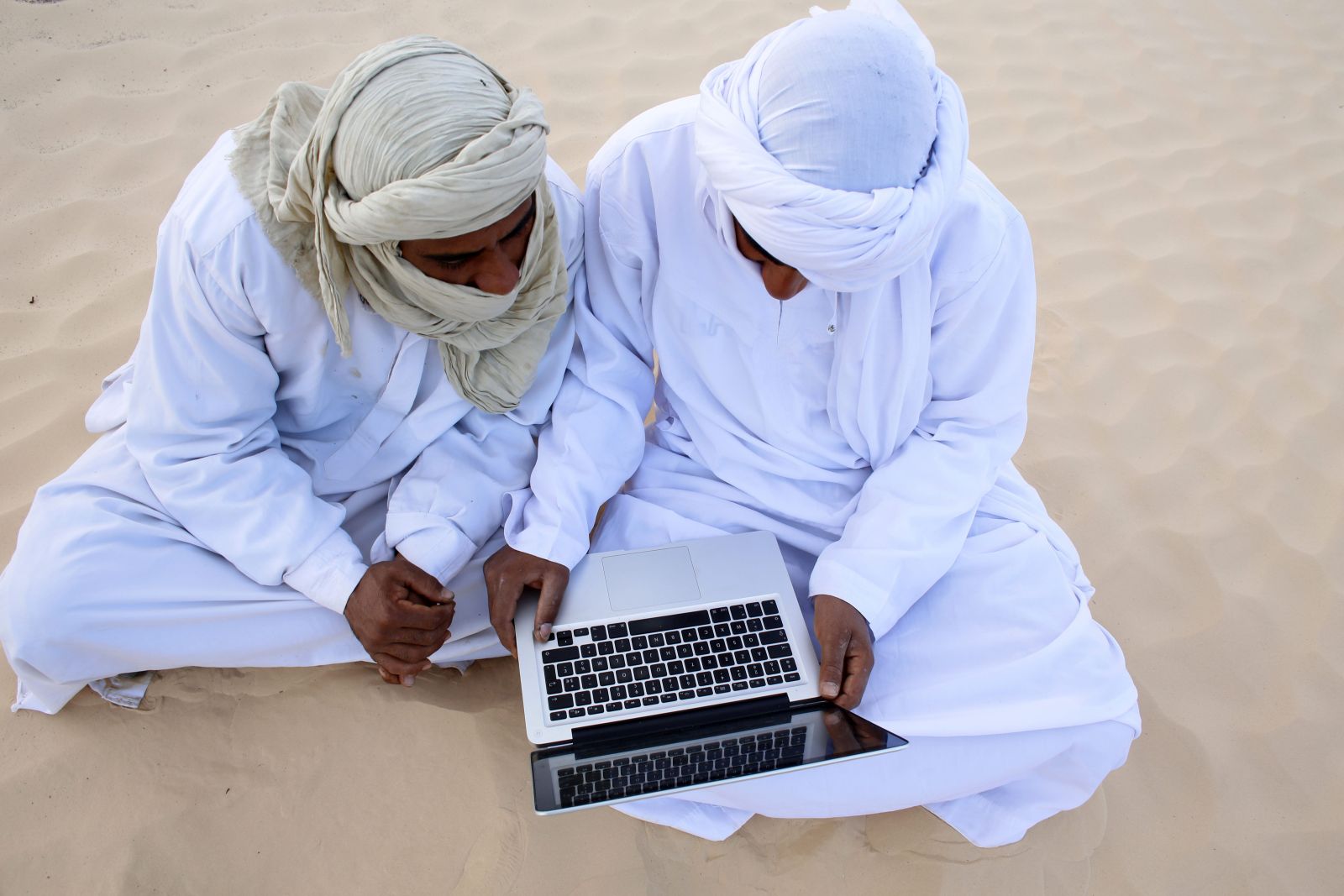Waste management
The new plastics economy

These figures are from a study published by the World Economic Forum (2016). It points out other environmental damages as well, including the generation of greenhouse gases when plastic is produced and when it is burned. The carbon footprint alone is estimated to amount to $ 23 billion a year. Another issue is tiny particles of waste plastic poisoning the food chain.
The authors acknowledge that plastic is very useful but warn that global plastic production will probably double in the next 20 years, after having increased from virtually zero to 311 million tonnes in the past 60 years. The environmental impact is thus set to get worse.
The study’s title is “The new plastics economy”. It points out that 95 % of plastic packaging material is only used once. It ends up in landfills, incinerators or leaks from collection systems, so material worth up to $ 120 billion is wasted every year. The authors acknowledge that Europe and North America are better at collecting garbage than Asia, which accounts for about the same amount of plastics. They make it very clear, however, that good collection systems do not make the plastic economy sustainable.
To solve all of these problems systematically, the study proposes a three-pronged approach with global reach:
- improving further use of plastic material after first use,
- drastically reducing leakage of waste from collection systems and
- decoupling plastics production from fossil raw materials.
To achieve these goals, plastic products need to become more standardised. So far, the diversity is so great that reusing plastic waste in chemical industries is very difficult, so plastic waste cannot really substitute oil as feedstock. That would be different if the most important kinds of plastic like PVC or PET were produced in a more homogenous way that would result in more homogenous qualities.
Accordingly, the authors want the international community to pass a Global Plastics Protocol. Such a protocol would facilitate industry-wide coordination and provide incentives for improving garbage collection systems. Most important of all, it would allow producers to decouple from fossil feedstock.
The study calls for the engagement of policymakers, public awareness raising as well as more, better coordinated and more ambitious research. It argues that the public sector, government agencies, civil society, international organisations and academia must be involved.
The publication makes sense. Its weakest spot, however, is that it calls for an “independent coordinating vehicle” to manage the transition, but fails to spell out who should set up such a vehicle and how it might be governed.
Hans Dembowski
Link
World Economic Forum: The new plastics economy.
http://www3.weforum.org/docs/WEF_The_New_Plastics_Economy.pdf













